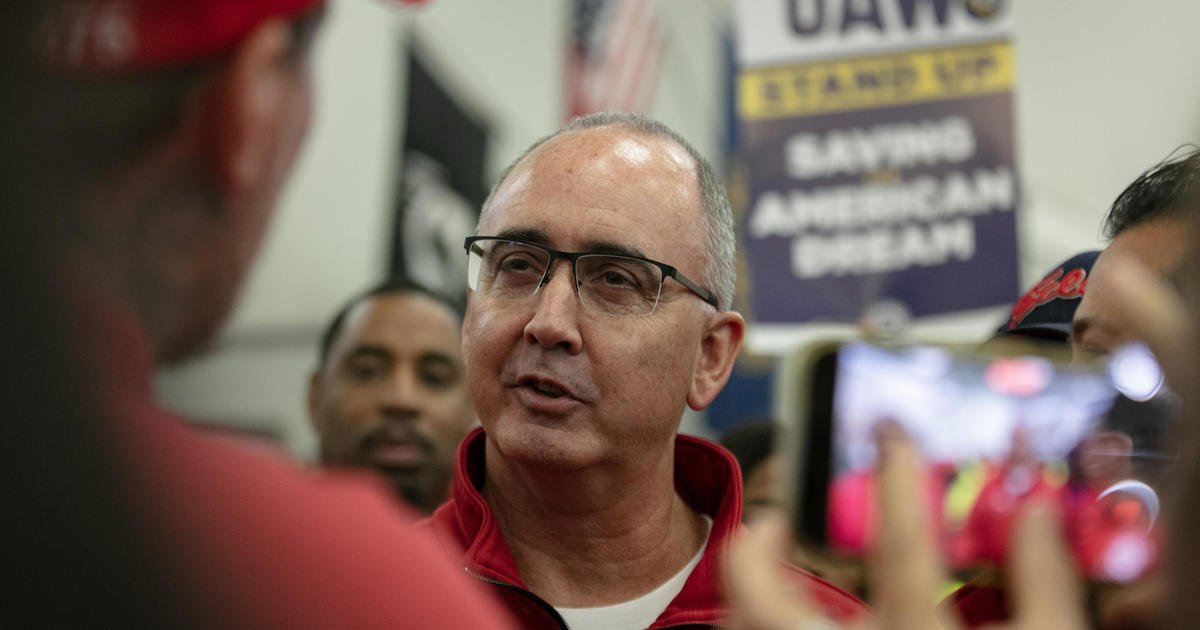U-M: Researchers Start Embryonic Stem Cell Line
 University of Michigan researchers have created their first human embryonic stem cell line and one of only a handful in the nation made without potential contamination from other animal material, the lead scientist said Sunday.
University of Michigan researchers have created their first human embryonic stem cell line and one of only a handful in the nation made without potential contamination from other animal material, the lead scientist said Sunday.
The work was made possible by a 2008 Michigan constitutional amendment that lets scientists create embryonic stem cell lines using surplus embryos slated for disposal by fertility clinics.
The announcement came on the eve of a three-day global conference on stem cell research and commercialization in Detroit. The event, organized by the Genetics Policy Institute, is expected to draw more than 1,200 business, academic and government leaders from 25 countries.
``This historic achievement opens the door on a new era for U-M researchers, one that holds enormous promise for the treatment of many seriously debilitating and life-threatening diseases,'' university President Mary Sue Coleman said in a statement.
The new stem cell line, called UM-4-6, is one of about 76 known to have been created nationwide and the first in Michigan, project leader Gary Smith told The Associated Press.
The line itself should be useful to researchers at the Ann Arbor school and elsewhere, Smith said, particularly because no animal products were used in its development. That increases researchers' confidence that non-human protein material isn't skewing the findings, he said.
In addition, the success gives Michigan research confidence of their ability to develop embryonic stem cell lines that carry genetic illnesses such as Huntington's Disease and diabetes, he said.
``It's really setting a pattern for deriving other embryonic stem cell lines,'' Smith said.
Embryonic stem cells can become virtually any tissue in the body, and scientists say they believe they could one day lead to treatments for Parkinson's disease, spinal-cord injuries and other serious illnesses.
They were first isolated at the University of Wisconsin in 1998.
Stem cell research has been a matter of heated dispute between advocates who promote its potential to find cure for disease and opponents who say fertilized human eggs are a form of human life that deserves legal protection.
``Ours is not the first country or culture to selectively pursue a moral calculus that justifies taking a life to enable scientific experiments,'' Roman Catholic Archbishop Allen Vigneron of Detroit said Sunday in a written statement about the upcoming conference.
Vigneron criticized what he called the disconnect between state laws making it a crime to harm a fetus being carried in a woman's womb and ``what occurs in a laboratory when a human life is destroyed.''
The stem cell line that Smith and his colleagues created was derived from a cluster of about 30 cells from a five-day-old embryo. It was from a couple that underwent infertility treatments and ``no longer wanted to use it for reproductive purposes,'' Smith said.
Had it not been used to create a stem cell line, it would have been discarded, he said.
(Copyright 2010 by The Associated Press. All Rights Reserved.)



